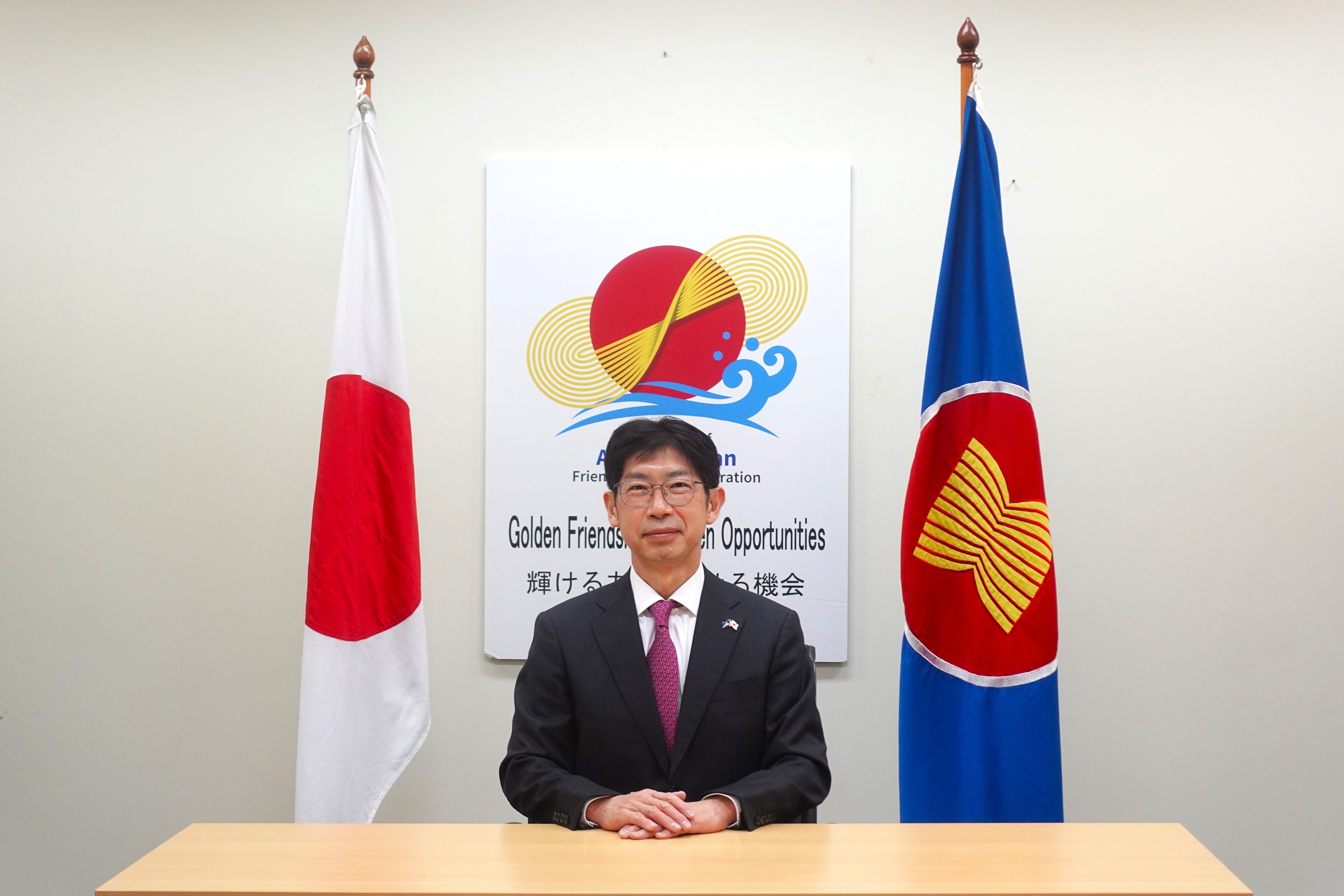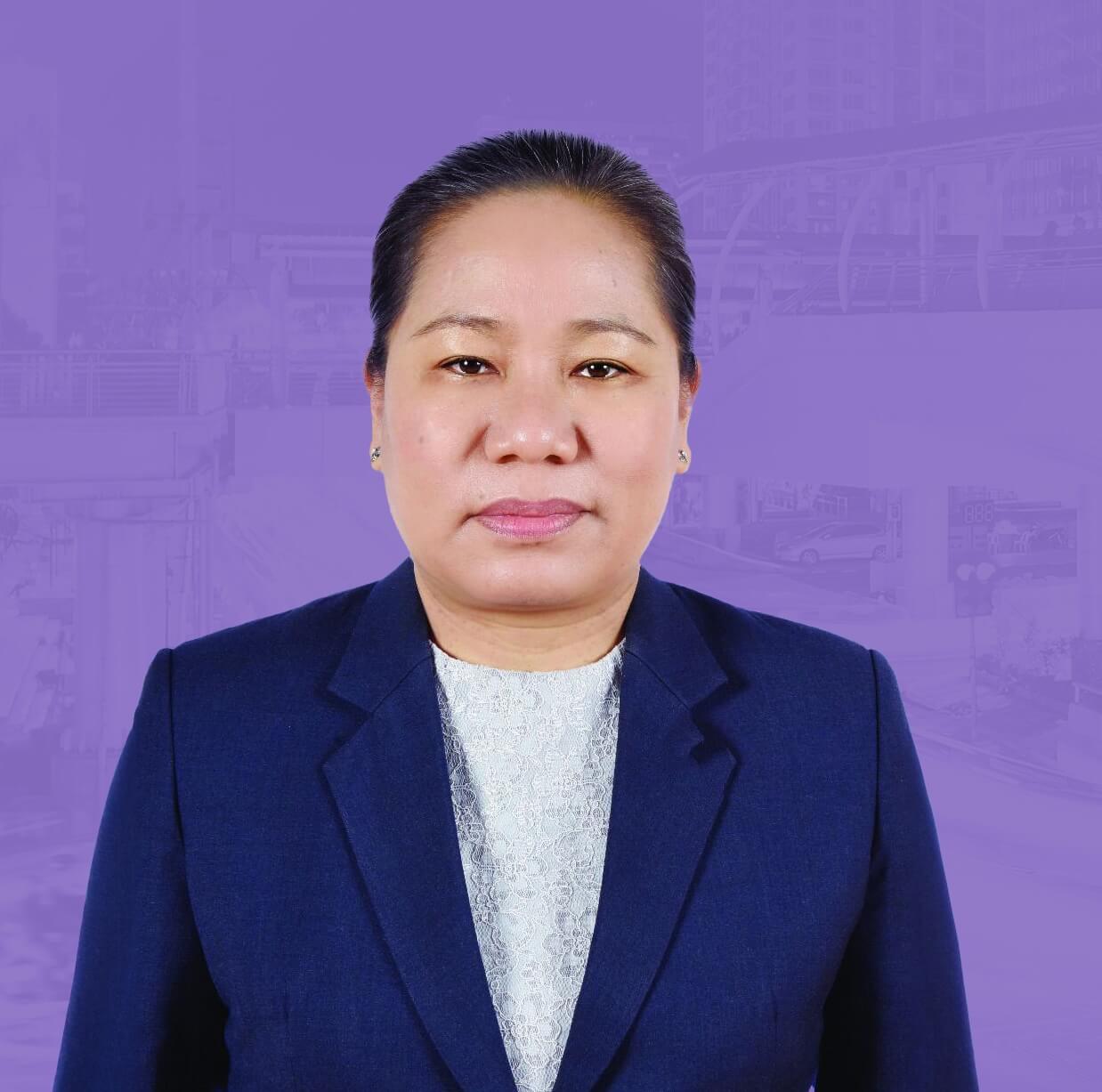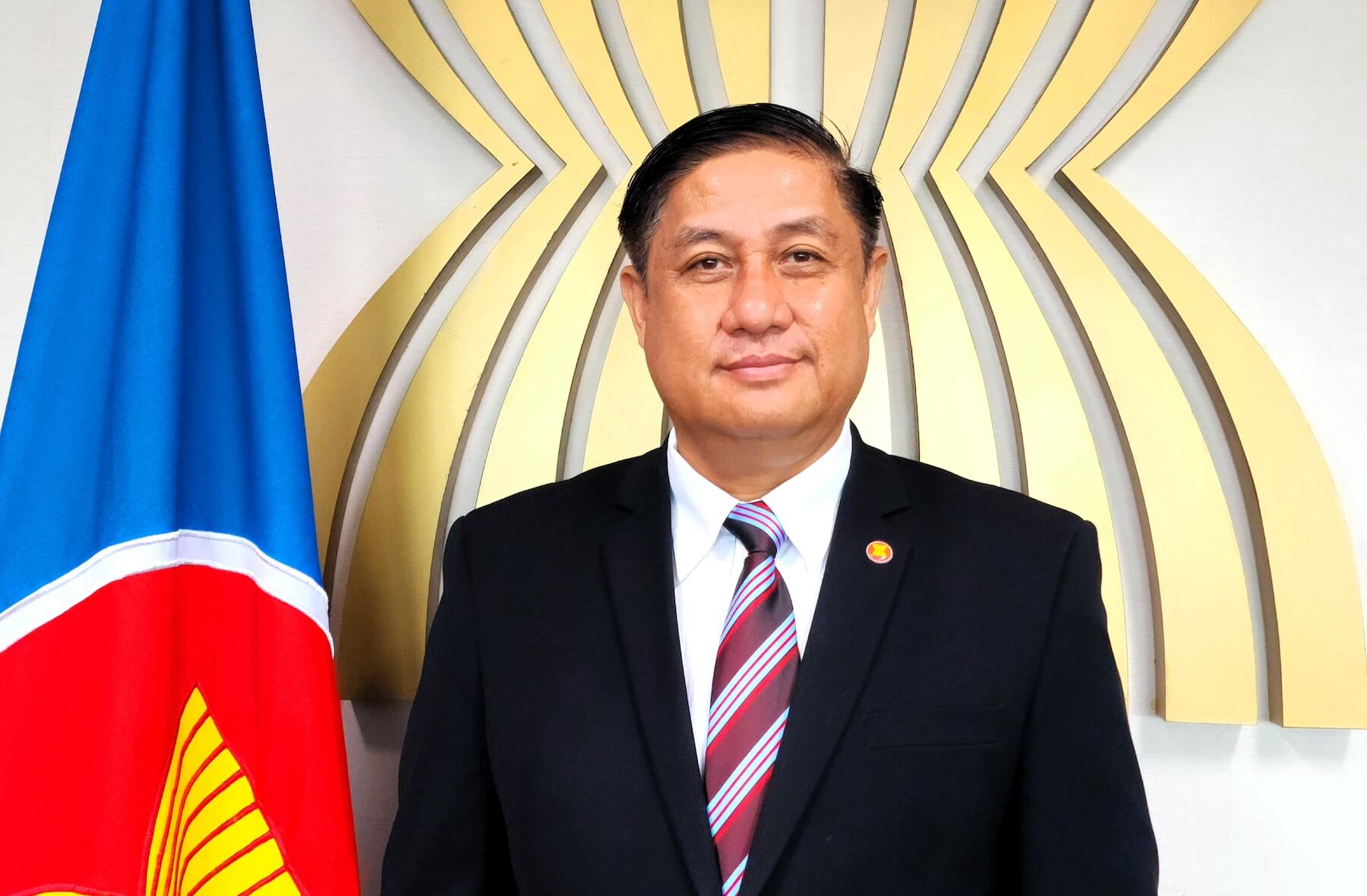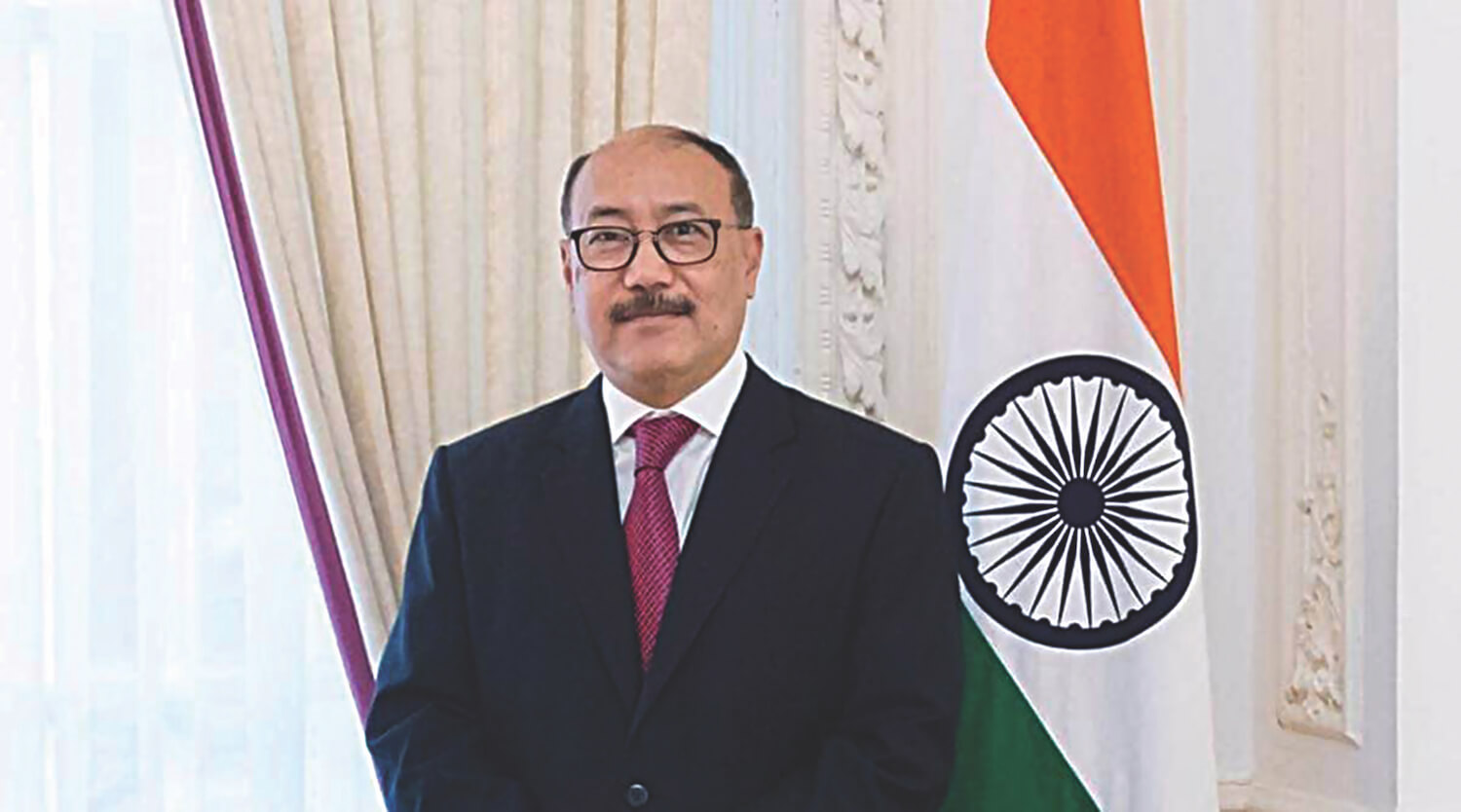


50 Years of ASEAN-Japan Friendship and Cooperation
This year marks 50 Years of ASEAN-JAPAN Friendship and Cooperation. Could you tell us the history of ASEAN-Japan relations?
Upon this golden jubilee, it is my great honour to talk about the history of ASEAN-Japan relations in The ASEAN magazine, which has many readers in ASEAN countries. I would like to express my aspiration for the 50th Year of ASEAN-Japan Friendship and Cooperation. The relationship between Japan and Southeast Asia has gone through a series of challenges during the course of its history. However, we both have made conscientious and steadfast efforts to strengthen our partnership.
Six years after ASEAN was established in 1967, the relationship between ASEAN and Japan started officially with the Forum on Synthetic Rubber in 1973. Japan’s then Prime Minister Fukuda Takeo attended the first ASEAN-Japan Summit Meeting in Kuala Lumpur four years later. In the same year, during a visit to the Philippines, he made a historic announcement of the so-called “Fukuda Doctrine”. In the Fukuda Doctrine, Japan’s diplomatic principles for ASEAN are declared as follows: (1) Japan rejects the role of a military power; (2) Japan will do its best to consolidate the relationship of mutual confidence and trust based on “heart-to-heart”; (3) Japan will be an equal partner of ASEAN. All three fundamental principles remain relevant today.
Since the establishment of ASEANJapan official relations, Japan has worked closely with ASEAN for five decades to promote peace, stability, and prosperity in this region as a staunch supporter of ASEAN centrality and unity. After the ASEAN Outlook on the Indo-Pacific (AOIP) was adopted in 2019, Japan expressed its support for the AOIP ahead of other dialogue partners. It has been continuously working with ASEAN through concrete projects. As many as 89 AOIP cooperation projects in line with its four priority areas, namely maritime cooperation, connectivity, SDGs, and the economy, demonstrate that we keep our word. Japan has also been working to aid ASEAN’s integration efforts through the Japan-ASEAN Integration Fund (JAIF) established in 2006. More than 550 projects that amount to 769 million US dollars have addressed issues such as disaster management, infectious diseases, and counter-terrorism, among others. As data shows, ASEAN and Japan are also valuable business partners, given their two-way trade that is valued at more than 179 billion US dollars per year in 2021.
Last month, Prime Minister Kishida Fumio made a speech, “The Future of the Indo-Pacific—Japan’s New Plan for a ‘Free and Open Indo-Pacific (FOIP)’” in New Delhi, and he announced a new contribution of 100 million US dollars to JAIF for “multi-layered connectivity”. Rather than relying solely on one country, countries need to stay connected in various aspects for overcoming vulnerabilities with more options and achieving economic growth.
Contributing to ASEAN’s efforts to mainstream the AOIP—as Foreign Minister Hayashi Yoshimasa stated in a video message at the Commemorative Symposium for the 50th Year of ASEAN-Japan Friendship and Cooperation in Jakarta in February— Japan will (1) promote concrete cooperation projects in line with the four priority areas of the AOIP, (2) support the functions of the ASEAN Secretariat for the promotion and mainstreaming of the AOIP, and (3) support the human resource development of young government officials in ASEAN countries, with a focus on the AOIP.
What is Japan’s new plan for a Free and Open Indo-Pacific (FOIP), and how does it compare to ASEAN’s AOIP?
At a time when the international community is at a turning point in history, we clarified the concept of FOIP and indicated “our FOIP” toward the goal of leading the international community in the direction of cooperation rather than division and confrontation. The fundamental concept of FOIP remains the same; namely, enhancing the connectivity of the Indo-Pacific region, steering the region into a place that values freedom, upholding the rule of law, freedom from force or coercion, and making the region prosperous. With this backdrop, I would like to emphasise that Japan’s FOIP defends “freedom” and “the rule of law,” and respects “diversity,” “inclusiveness,” and “openness.” In other words, we do not exclude anyone, we do not create camps, and we do not impose values.
ASEAN’s AOIP and Japan’s FOIP are visions that resonate with each other. The principles shared by the two initiatives, such as openness, transparency, inclusiveness, and respect for international law, are important ideas in this new era, and close cooperation between Japan and ASEAN based on these principles is becoming increasingly important.
Therefore, ASEAN and Japan confirmed that both of them share fundamental principles, in the Joint Statement of the 23rd ASEAN-Japan Summit on Cooperation on ASEAN Outlook on the Indo-Pacific adopted in November 2020. Japan is the first country among dialogue partners to adopt the joint statement on AOIP cooperation.
ASEAN’s AOIP and Japan’s FOIP are visions that resonate with each other. The principles shared by the two initiatives, such as openness, transparency, inclusiveness, and respect for international law, are important ideas in this new era, and close cooperation between Japan and ASEAN based on these principles
is becoming increasingly important. Therefore, ASEAN and Japan confirmed that both of them share fundamental principles, in the Joint Statement of the 23rd ASEAN-Japan Summit on Cooperation on ASEAN Outlook on the Indo-Pacific adopted in November 2020. Japan is the first country among dialogue partners to adopt the joint statement on AOIP cooperation.
The first pillar is the backbone of the FOIP. Japan will continue to proactively support the efforts of each country to build lasting peace and carry out reconstruction, based on the tenets of “dialogue” and“cooperation.” For example, we have extended our support on resolving conflicts such as the Mindanao peace process. Japan will also provide support that caters to the needs of women, taking in the perspective of Women, Peace and Security. We
will also create a free, fair and just economic order by maintaining the World Trade Organization rules as a foundation and by promoting a higher level of liberalisation through such mechanisms as the Comprehensive and Progressive Agreement for Trans-Pacific Partnership. We will make rules to prevent opaque and unfair development finance so that nations can grow autonomously and sustainably.
The second pillar is the new focus of cooperation of FOIP. We will expand cooperation in addressing various challenges related to climate and environment, energy security, food security, global health, disaster management, and cyberspace in a realistic and practical Indo-Pacific way, thereby enhancing the resilience and sustainability of each society and achieving an “equal partnership” among autonomous nations.
The third pillar is a core element of FOIP cooperation. Besides the new contribution to the JAIF, we will jointly announce a new vision for cooperation for the next 50 years at a commemorative summit held in Tokyo in December 2023. We will also renew by December, the comprehensive Japan-ASEAN Connectivity Initiative, which will promote efforts to strengthen both hard and soft connectivity. In the area of soft connectivity, which focuses on people,
we will strengthen the “knowledge” connectivity that helps “human
resource development,” creates new innovations, and underpins the vitality of the region through exchange programs such as JENESYS and the Asia Kakehashi Project.
Last but not least, under the fourth pillar, we will ensure the security and safety of the entire public domain, having “marine routes” at the centre of FOIP and ensuring the safe and stable use of air domain. To protect free oceans, we will support the strengthening of maritime law enforcement capabilities of each
country, enhance maritime security, and promote safe and stable use of
the air space.
To achieve these goals under four pillars, Japan will respond robustly to the needs of each country with the public and private sectors working in
tandem, and we will mobilise a total of more than 75 billion US dollars in infrastructure in the Indo-Pacific region by 2030.
What are the commemorative events planned for the 50th anniversary this year?
In the run-up to the Commemorative Summit in Tokyo this December, various special meetings and events will be held at the sectoral level, such as ASEAN-Japan Business Week in June, ASEAN-Japan Special Meeting of Justice Ministers in July, and ASEANJapan Special Dialogue of Tourism Ministers in autumn. Moreover, many commemorative events are organised throughout the year in various formats, including online, offline and hybrid, to facilitate participation from across the region. You may see the list of the commemorative events on the ASEANJapan Centre’s special website.
To conclude, I would like to emphasise that Japan is taking this opportunity of the 50th commemorative year to enhance our cooperation in close dialogue with the ASEAN side and based on ASEAN’s needs.
“Golden Friendship, Golden Opportunities.” The catchphrase of the 50th Year accurately describes the ASEAN-Japan relations. Japan would like to move forward with the people of ASEAN so that we can lead a new era and grow together for the next 50 years, as we have done so in the last 50 years.
The views and opinions expressed here are those of the author, not those of ASEAN or its members.








